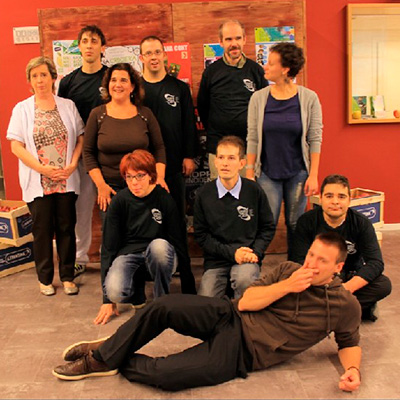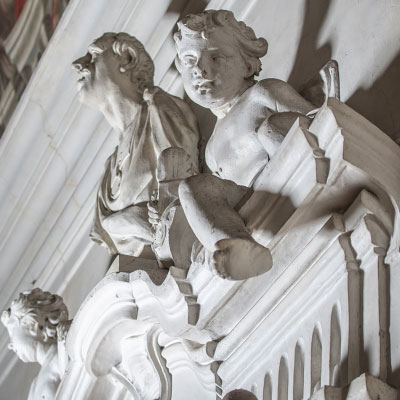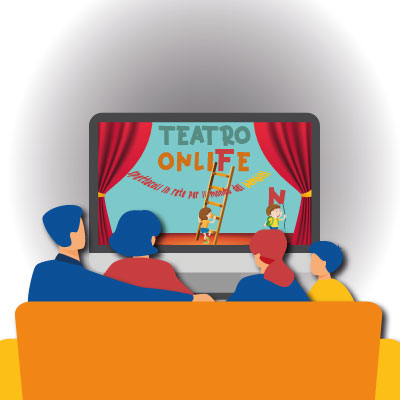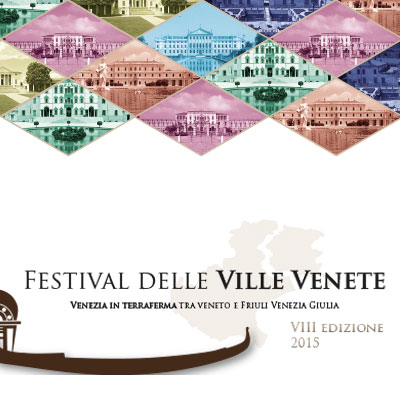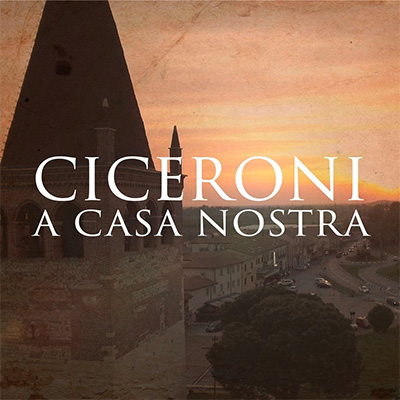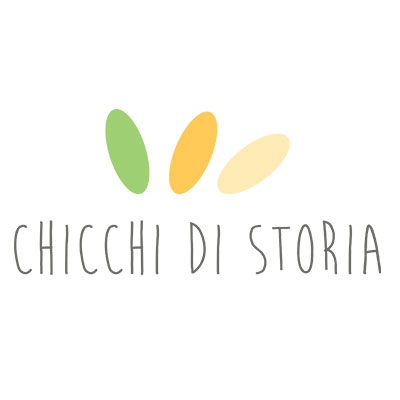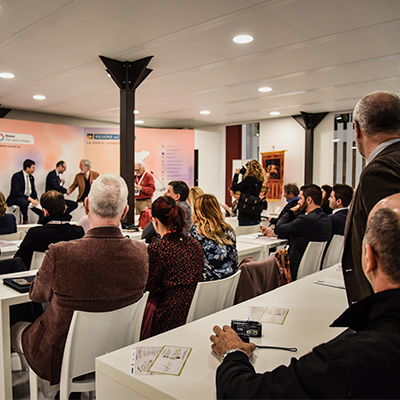With the ongoing health emergency, theatres, as well as many other spaces of aggregation and culture, have closed leaving a huge void. Teatro Onlife wants to be a valid and structured alternative to the physical space of the theatre, a new way of doing and enjoying this art form, with the spectators at the centre.
Which will also be useful when the theatres open.
We will develop a specific software platform that will enable the theatre, and especially children’s theatre, to break the traditional patterns of representation and enter a new, innovative, virtual dimension.
The project represents a challenge that Children’s Theatre is taking in combining three different subjects
- the actor with his performing and pedagogical action
- the audience, in particular the children’s audience, including children with disabilities
- the digital system
The challenge is to keep alive and constant the denominator that makes a live performance a unique and interactive event, creating new audiences by meeting on a dedicated digital platform.
How to support the project?
- with a bank transfer or cheque benefiting of the Art Bonus (i.e. you will receive a tax credit equal to 65% of the donation)
- through the crowdfunding campaign on GoFundMe
How Teatro Onlife develops
We will develop several innovative technologies. The ones that in 90 days will allow us to go on stage in a more structured way than the experiments done so far are:
The creation of the web platform that will host the different virtual spaces (each one corresponds to a show).
In order to create this platform, a team of experts will identify the Minimum Viable Product, that is, the tool that will allow us to identify the simplest version in terms of effectiveness and immediacy and that will offer the main functionalities (called “core”) of Teatro Onlife.
At the same time, a web and app development team will focus on the creation of two other functional tools of the product: the app for children and the editorial platform.
App development
It will allow the spectators, children and young people with parents and grandparents, to interact during the show (with emoj, with predefined drawings, etc.). This phase will be followed by a team of people qualified in web development and app development. In this way the show will be able to use resources such as films, drawings, graphic elements or audio files that can then be reproduced and used by the actors and spectators. As the platform will be managed via multiple remote servers, shows can be run simultaneously with participants connected from any location. Parents will be able to set up their children’s accounts, book shows and monitor the progress of the shows via the website, while children will be able to access them via the tablet app.
The online publishing platform
Directors and actors will contribute to the creation of the palimpsest, i.e. the structured programming of events to take part in. This part consists of the:
- virtual space with graphics, backgrounds and sounds, programming of visual and sound effects (we will animate the different virtual spaces)
- broadcasting of the story on the day and at the times set by the schedule, execution of the storyboard and real-time management of interaction with the children.
Who will do what?
To carry out this phase, we will select a design team composed of a children’s theatre director, a child psychologist, a child illustrator, a web designer, a systems engineer and an organisational coordinator.
With the development of these technologies, Teatro Onlife can go on stage.
Realisation time
90 days
Planning start: 22 March 2021
Experimentation in the summer period
Platform launch in the 2021/2022 theatre season
When will the public be able to use it?
Teatro Onlife will become a permanent activity and structure that will complement more traditional theatre programming.
Teatro Onlife performances will be available to the public from the 2021/2022 theatre season: we will coordinate in-person performances and Onlife events, which will be open to a wide, unrestricted audience.
Why?
Teatro Onlife is a new and innovative way for children to experience theatre.
It does not replace the in-presence experience. It complements it and will be an opportunity to look to the future!


